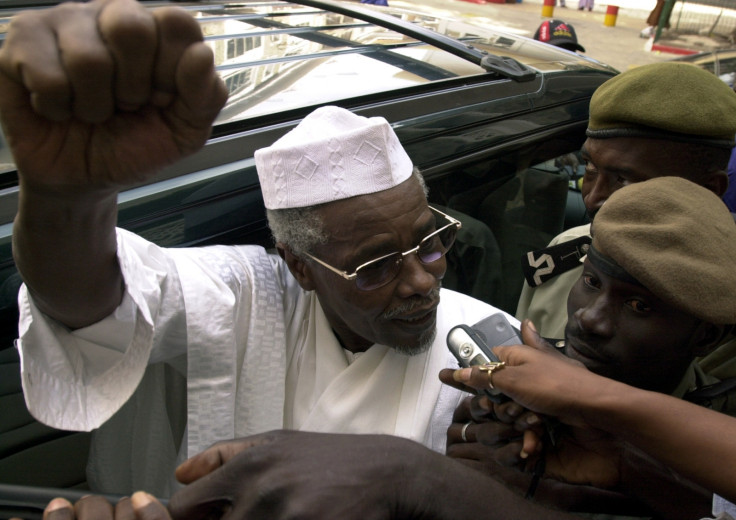African court to decide whether Hissène Habré is guilty of murder, torture and rape

An African court will rule whether former Chadian president Hissène Habré is guilty of a series of murder, torture, rape and other crimes allegedly committed by him during his eight-year regime. If found guilty, he faces a life sentence of up to 30 years with hard labour, to be served in Senegal or another African Union country.
The Extraordinary African Chambers in the capital of Senegal is scheduled to deliver its verdict on Monday (30 May), as victims of Habré's regime await justice after a 26-year-long battle.
Investigations into the allegations revealed that at least 40,000 people were killed and 200,000 tortured during Habré's regime, who came to power by force in 1982. Habré, 73, known as Africa's Pinochet, reportedly received support from the US and France during his dictatorship. He is accused of personally raping his citizens, imprisoning them in his presidential palace and in an underground jail, and issuing direct orders to torture and kill his people.
During previous court hearings, witnesses narrated their ordeals of the brutal Habré regime, where people were held captive in the underground prison created from a disused swimming pool, and electrocuted, asphyxiated and burned. People were also allegedly tortured by spraying gas into their eyes or rubbing spice onto their genitals. Women were also kept as "sexual slaves", the court heard.
Souleymane Guengueng, an alleged victim whose documentation of scores of the alleged cases helped build a case against Habré, was quoted by the Telegraph as saying: "During two and a half years in prison, I saw my friends, my fellow inmates, die from hunger, despair, torture and disease. From the depths of my cell, I swore to God to fight for justice if I got out alive."
Ibrahima Diawara, Habré's defence lawyer, claimed that the so-called victims have never even seen or met Habré.
The weeks of trial saw testimonies by experts on the mortality rate in Chad's prisons, forensic teams that discovered mass graves, a French doctor who treated about 600 victims, a handwriting expert who identified Habre's writing on police documents and a former DDS agent who confirmed that the police director went to the president every day with documents for him to sign.
DDS or the Documentation and Security Directorate was a secret police force created by Habré to torture and kill his opponents.
© Copyright IBTimes 2025. All rights reserved.





















